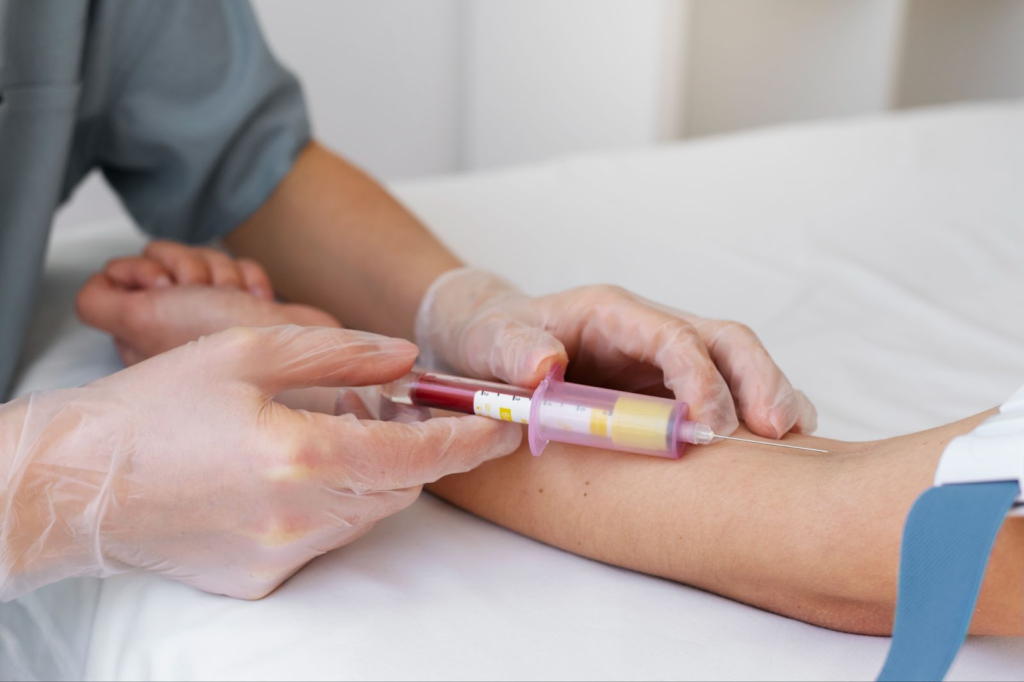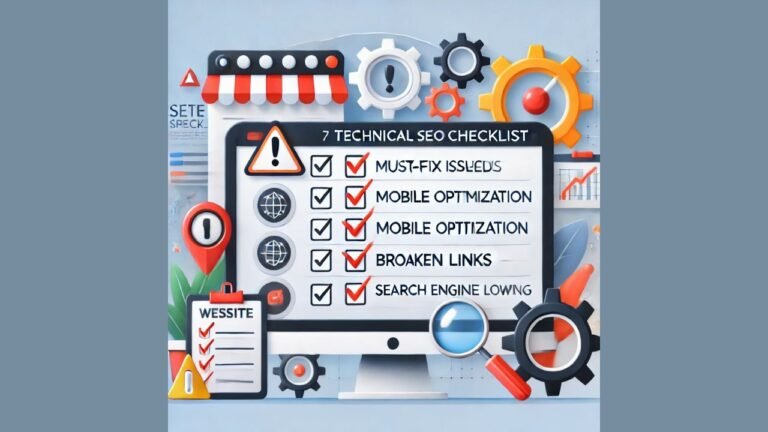
Changing careers can often feel overwhelming and uncertain. Fortunately, the healthcare sector offers a wide range of rewarding opportunities for those seeking stability, purpose, and growth.
One of the most accessible paths is phlebotomy, a role that provides quick entry into healthcare through practical training and prepares you for immediate employment.
For career changers who want to make a meaningful impact while stepping into a high-demand profession, phlebotomy is an excellent choice. In this guide, we’ll explore what a phlebotomist does, why so many people are choosing this career, the training you’ll need, and the opportunities for advancement.
What Does A Phlebotomist Do?
Phlebotomists draw blood from patients for lab testing, transfusions, donations or research. They work in hospitals, diagnostic labs, blood donation centres, and clinics.
Besides the technical skills, phlebotomists are expected to have good interpersonal skills and empathy to deal with nervous or anxious patients.
Why Do Career Changers Choose Phlebotomy?
Career changers choose phlebotomy because it provides a clear path for those who want to enter the healthcare sector. Additionally, it’s a rewarding role that does not require years of training or study.
Let us go through some of the reasons why career changers are choosing phlebotomy as their career choice:
- Quick Training: Phlebotomy courses are short and practical. It is perfect for those looking to switch careers without having to spend years studying.
- High Demand: Phlebotomist jobs are projected to grow by 15% by 2028. This surge in demand has been attributed to an ageing population in the UK and demand for diagnostic testing, leading to approximately 19,600 job openings annually.
- Entry to other healthcare roles: Phlebotomy is often considered a stepping stone in the healthcare sector, opening up opportunities to other healthcare roles in the National Health Service or other private hospitals.
- Competitive Pay: Entry-level phlebotomists earn £13.51 per hour in the UK. There is a high potential to earn higher wages with experience and time.
- Stable Career: There is a high demand for phlebotomists across hospitals, GP surgeries, laboratories, and private clinics, and it ensures long-term employment opportunities.
What Makes Phlebotomy Suitable For Beginners?
Phlebotomy is considered an excellent career for beginners because it is relatively easy to enter compared to other healthcare roles, making it an ideal choice for career changers.
It is also suitable for beginners because learners can get an accredited certificate through a quick programme or training. For example, a quick and practical 1-day Phlebotomy Training in London can prepare you for the role. Such training can make you more job-ready.
Moreover, there are many flexible options such as part-time phlebotomy roles or apprenticeships that make phlebotomy achievable despite work or personal commitments. All in all, the quick training, practical experience, and flexible schedules make phlebotomy the best choice for beginners.
What Training Do You Need To Get Started In Phlebotomy?
To get started in phlebotomy, you need a minimum of 2 GCSEs in English or Maths. English is required for literacy skills, while Maths is needed for numeracy skills.
Additionally, you need training from an accredited institute to showcase your skills and confidence for the role. At first, you have to complete Basic Phlebotomy Training to gain the knowledge and skills. Lead Academy provides this training in over five locations- London, Birmingham, Bristol, Swindon and Cardiff.
On top of the basic training, you can complete the advanced training to get a Certificate of Competency and job recommendation letter. It shows the employer that you are now ready to perform the delicate venipuncture procedure.
Career Growth and Opportunities in Phlebotomy
There are plenty of career growth and opportunities in phlebotomy. As someone considering a career in phlebotomy, you can aim to enter the field and become specialised in a niche. Some of the phlebotomy niche roles to grow in are as follows:
- Registered phlebotomy specialist
- Collections phlebotomy specialist
- Traveling phlebotomist
- Donor phlebotomy technician
Moreover, you can gain experience to become a senior phlebotomist or supervisor. You will be handling a team of phlebotomists under you, and your pay scale will also be increased in this position.
Alternatively, you can also advance toward related clinical roles, such as a registered nurse, medical laboratory technician, or physician assistant. However, to get into these healthcare positions, you will need additional training.
Conclusion
Phlebotomy is more than just a technical role; it’s a career that combines patient care, clinical skills, and long-term security. With quick training options and strong demand in the UK, it can be one of the most practical routes for you.
Once you start working, you can work on becoming a specialist or a senior phlebotomist and command higher wages. Alternatively, you can pursue related healthcare roles, such as nursing or laboratory technology. Bear in mind that in order to advance to other roles, you will need relevant training for that profession.





